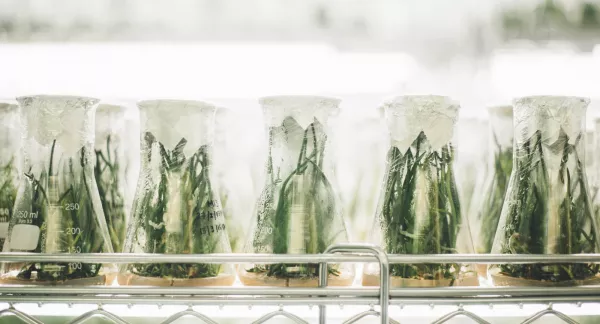Demonstration of High Quality Drinking Water Production Using Multi-Stage Ozone Biological Filtration: A Comparison of Direct Potable Reuse (DPR) with Existing Indirect Potable Reuse (IPR)
Abstract
For treatment strategies in potable reuse, there are alternatives to reverse osmosis (RO) that can achieve potable water quality in a direct potable reuse (DPR) scenario. This research examined whether ozone-biologically active filtration (BAF) can provide water of equal or higher quality than current drinking water supplies without the use of reverse osmosis (RO) membranes. The study examined four blending ratios (15%, 25%, 50%, and 100%) of advanced treated water from the F. Wayne Hill Water Resources Center in Gwinnett County, Georgia combined with Shoal Creek Filter Plant raw water from Lake Lanier. Treated water from the DPR pilot was compared to drinking water standards, as well as emerging microbial and chemical contaminants. Published by WRF. 360 pages. Online PDF. (2018) (#4777)
Originally funded as WERF project Reuse-15-11.

